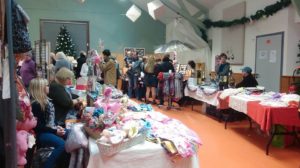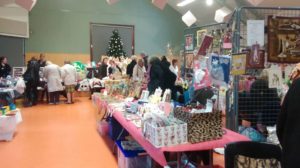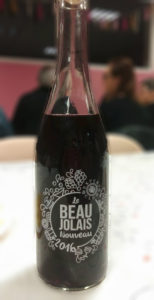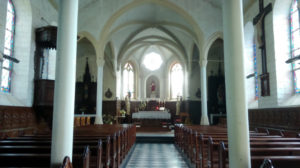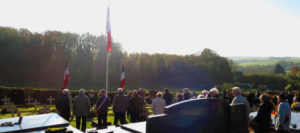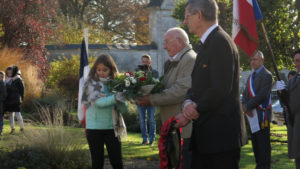Whatever the life you lead, you will – at some time – come face to face with bureaucracy.? Unless. of course, you decide to live off the grid.? Which we haven’t.? There is no getting round it; for most of us, and in France (as in Italy, many years ago) it probably costs you and is definitely not as easy as it appear to be at first.
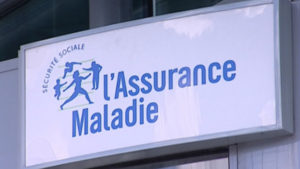
Our first taste of this wondrous level of government was to convert our NHS health cover to EHIC (European Health Insurance Card) for UK nationals resident elsewhere in Europe.? For this we needed an S1 form from the International Pension Centre (IPC).? It had to be this department, as we are both receiving benefits in the form of the state pension.? We phoned the relevant office and had to speak to someone individually.? It wasn’t enough to give our names and National Insurance (Social Security in the US) numbers.? We each went through answering the questions asked by the lovely man at the other end, who was possessed of a relatively understandable Geordie accent.? Yes – the office is in Newcastle -upon-Tyne.
Then it was our daughter’s turn.? Because she no longer has paid work and no other income, she had to be ‘piggy-backed’ onto one of our applications.? As it was I who was having the conversation when this problem arose, she was added to my form.? So far, so good.? Next, we waited for the forms to arrive – around three weeks – and we dutifully took them to the ‘Assurance Maladie’, the comparable department in France.? After a short wait in an incredibly boring waiting room, the very accommodatiing man behind the desk gave us each a French form to complete and even highlighted the places where we either needed to fill in information or which told us which documents we needed.? Up to this point, we couldn’t believe our luck and took all the forms home to fill them in …? only to discover that, on the S1 forms, the name of our village was misspelled – differently on each of the forms – and that two important details on my daughter’s S1 were wrong – the spelling of her first name and her date of birth.? We could almost understand the misspelling of a French place name when dictated over the phone – almost, mind – but the other two details were straight from the records that they hold in England!? Another phone call later and the form containing the correct information was (hopefully) on its way.
As our two applications were more or less correct (apparently that little spelling mistake wouldn’t matter – we shall see) we took them back to the office, with the French ones, and placed them in the handily provided post box on the waiting room table.? And … breathe.
It might be worth pausing here to mention that people had told us a) it was a complicated process and they will always ask you for more paperwork than you have given them, b) it could take months, and c) don’t go to the office at St Pol. ? At this point in the process, it didn’t feel like any of that.
Back to the real world.
Some two or three weeks after delivering the forms to the French health office, we received them back, along with a very polite accompanying letter informing us that we needed to provide other documents. See a) & c) above.? Luckily, we have digital versions of all the documents required, so we printed them out.
We have since received our daughter’s new form – correct this time – and can carry on.? We will not be taking the forms back to St Pol (See c) again) but to Arras, which is a much bigger office and, apparently, has English speaking staff, which should make the whole ‘What do you mean, we now need those documents?’ a much easier conversation to have.
No word yet on b), but we’re hoping not to make it a set.



